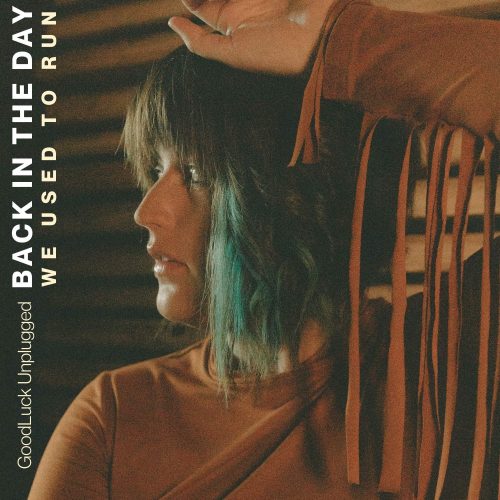As the year draws to a close, the urge to look back and take stock of all that’s transpired becomes understandably irresistible. After enduring what has felt like one trial and hardship after another for the better part of the last twelve months, the notion of comparing our current and weary selves with the doe-eyed optimists on the first day of January is cause for a good ironic laugh.
There is an oddly perverse feeling of catharsis in knowing that somewhere, out in some abstract corner of the universe, there is a past version of yourself that’s still untouched by the unrelenting barrage of emotionally exacting experiences that waits menacingly around the corner. It’s a wistful feeling through which you appraise the less-than-ideal present situation while taking solace in the fact that things did not always seem as bleak. It creates a much-needed perspective that enables you to see the current moment for what it is, as just another transitory circumstance soon to be supplanted by a different set of events.
Nothing ever stays the same because, ultimately, at some point or another, every aspect of our lives is subject to change.
This peculiar blend of perspective and solace is at the heart of nostalgia. To be nostalgic is to warmly recall bygone moments not by mourning or grieving over their loss, but by cherishing the fact that they occurred in the first place. It’s celebrating our small Pyrrhic victories against time. Nostalgia is what allows us to come to terms with this losing battle while relishing the different phases of our lives by honoring the distinctive qualities in each of them that only change can make possible.
It’s a feeling of nostalgia that informs South African pop band GoodLuck’s “Back in the Day We Used to Run”.
As the title openly suggests, the song is a three-minute ode to a time gone by. Surrounded by a sultry bass line, a diverse assortment of hand drums, and a festive trumpet line, singer Juliet Harding recounts the carefree memories of a past love:
“Back in the day
We used to run
Hands up, hands up
No complications
No second thought
Hands up, hands up.”
We can infer by Harding’s use of the past tense that the nature of this relationship has changed since the couple’s untroubled halcyon days.
“I loved you like the sound of the ocean
The rhythm, the emotion”
Harding repeats, making clear that love between her and her anonymous paramour had once existed, but that for some reason that only she’s aware of, it’s no longer present.
Although she doesn’t provide us with much context with which to fill in the blanks, Harding’s patent commitment to at least the idea of this doomed relationship tells us that she isn’t without a clear conscience, since whatever prompted the supposed fallout wasn’t due to an absence of fidelity on her part:
“I wouldn’t walk away if they asked me to
I’d live another day just to spend with you.”
Ultimately, it’s impossible to know for sure whether the relationship is one that’s been long over or if it’s on its last set of prosthetic legs. What’s clear, however, is that Harding refuses to accept any current ailment as symptoms of a terminal condition.
Instead, she views this perceived distance and lovelessness as passing, taking advantage of the easygoing spirit that defined her past to bolster her commitment to preserving the memory of the whole experience. An experience so fulfilling that she’s willing to spend the rest of her days waiting out the chance to relive every one of those moments for as long as possible.







